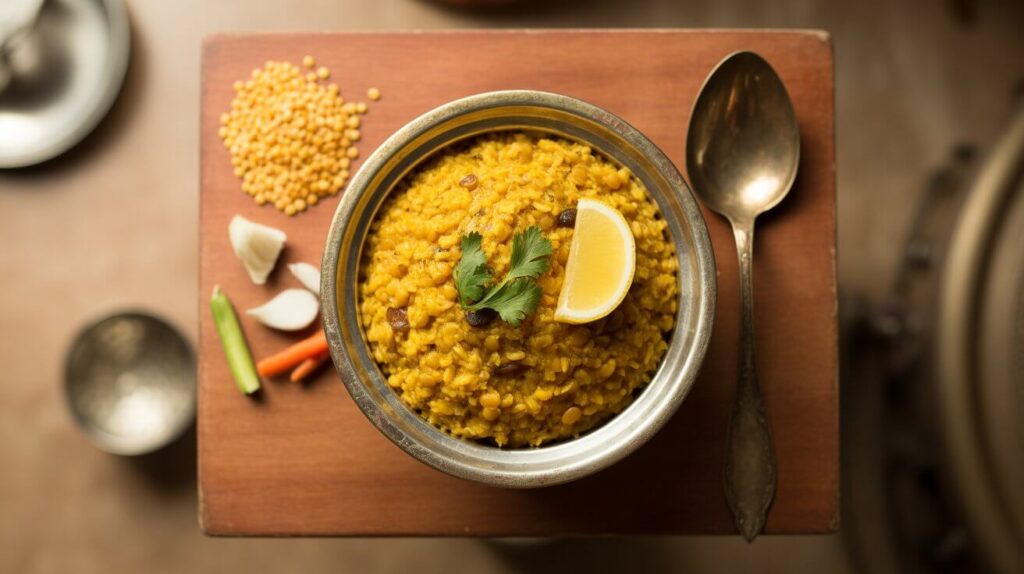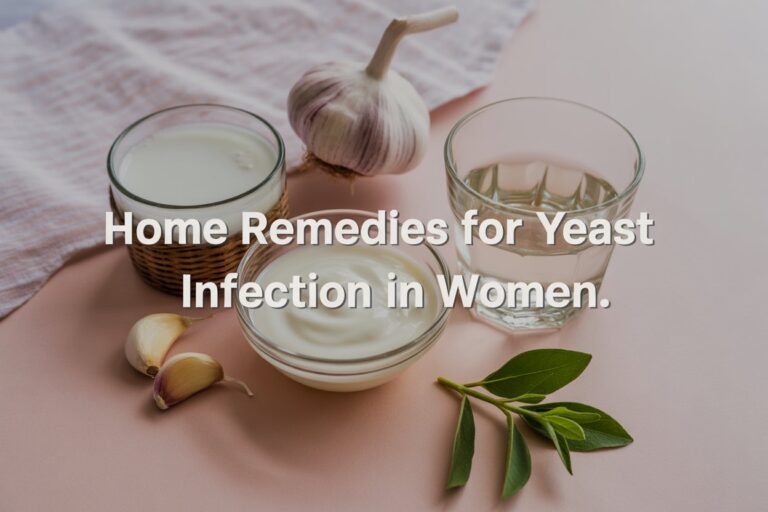When a baby is born, a mother is also born. The days that follow delivery are tender, exhausting, and beautiful all at once. In India, this phase — often called the “jaappa” or the forty-day rest — is wrapped in traditions that have been passed down from grandmothers and great-grandmothers. Some of these rituals feel like warm hugs; others, if we’re honest, can feel outdated or even suffocating.
So how do modern mothers strike a balance? How do you respect age-old wisdom without getting trapped in rules that don’t serve you anymore? Let’s explore the essence of postpartum care in Indian homes and see what is worth carrying forward and what we can gently leave behind.
Why This Phase Matters
The postpartum stage is often referred to as the “fourth trimester”. Your body has just done one of the most powerful things in the world: growing and birthing a baby. Naturally, it needs time to recover. Muscles are sore, hormones are shifting, and sleepless nights begin. Add to that the emotional overwhelm of suddenly being responsible for a tiny human.
This is exactly why Indian traditions emphasize a cocoon of rest and nourishment. While science today may explain recovery in terms of hormones, nutrition, and mental health, our ancestors instinctively understood that a mother needs special care. The question is: which practices are still helpful, and which ones might be better left in the past?
The Traditions That Still Make Sense

One of the most beautiful aspects of Indian postpartum care is the emphasis on rest. For forty days, mothers are encouraged to step away from household chores and focus on themselves and their babies. When you think about it, this wisdom is timeless — healing takes time, and slowing down allows your body to recover more fully. Of course, you don’t need to lock yourself in one room or avoid sunlight, but the idea of giving yourself permission to pause is something worth keeping.
Food is another area where traditional practices shine. Mothers are often fed warm, easy-to-digest meals: moong dal khichdi, ghee-laden rotis, laddoos made from nuts and gond, or ajwain water to ease digestion. These foods are rich in energy and nutrients that help rebuild strength and support milk production. While moderation is important — too much ghee or sugar can create new problems — the underlying principle of eating nourishing, home-cooked meals is gold.
And then there’s the oil massage. Who hasn’t heard a grandmother insist on daily abhyanga with sesame or mustard oil? Far from being old-fashioned, this ritual helps relax sore muscles, improves circulation, and gives a sense of calm to a tired new mother. The key is to make it gentle and soothing, not harsh or painful.
Even small rituals like sipping on herbal teas, sprinkling turmeric in milk, or using methi in meals carry wisdom. Many of these herbs are naturally anti-inflammatory and support digestion. As long as they are mild and taken in moderation, they can be wonderful allies in your recovery journey.
Finally, traditions around bonding are worth cherishing. Limiting too many visitors in the early days may sometimes feel restrictive, but the core idea is thoughtful — it allows the mother and baby quiet time to rest and connect, without unnecessary stress or exposure to infections.
What We Can Let Go Of
That said, not everything passed down through generations deserves a permanent place in modern postpartum care. For instance, many new mothers are still discouraged from eating fruits, vegetables, or even drinking enough water, out of fear that these foods might harm digestion or cause colic in the baby. Science tells us otherwise — fiber, hydration, and vitamins are crucial for healing and for maintaining milk supply. Overly strict food rules often do more harm than good.
Another practice that needs rethinking is the use of smoke and burning rituals. Placing hot coals with ajwain or herbs under the bed is believed to cleanse the air and strengthen the mother. But in reality, smoke in closed spaces can irritate the lungs — not just for the mother, but for the delicate lungs of a newborn too. Safer alternatives, like sipping ajwain water or using mild diffusers, can serve the same purpose without the risks.
Then there’s the idea that new mothers must avoid bathing for several days, or that they should be bundled in layers of blankets regardless of the weather. While warmth is important, overheating and avoiding basic hygiene can actually invite infections. A warm herbal bath, on the other hand, can be both refreshing and healing.
Perhaps the hardest practices to accept are the painful massages or overly tight belly bindings that some women are still subjected to. While gentle core support can be helpful, anything that causes pain or bruising is not. Healing should never come at the cost of more trauma.
And finally, there are those fear-based restrictions that make new mothers feel isolated — don’t step out for 40 days, don’t touch the baby at certain times, don’t go near the kitchen or temple. These may have made sense in different times, when infection control or cultural beliefs were different. But today, what a new mother needs most is support, companionship, and fresh air — not rules that make her feel cut off.
Creating Your Own Blend
The truth is, postpartum care doesn’t have to be “all traditional” or “all modern.” It can be a thoughtful blend of both. Keep the warmth, the nourishment, the massages, and the bonding. Let go of the fear-driven or restrictive rules that add stress instead of comfort.
Most importantly, listen to your own body. If you’re hungry for fruits, eat them. If you crave sunlight, step out for a walk. If a ritual makes you feel cared for, embrace it; if it makes you feel suffocated, gently set it aside. And whenever in doubt, ask your doctor rather than relying solely on family pressure.
HugMumma’s Takeaway
Indian postpartum traditions are like a box of heirlooms. Some pieces are timeless, some need polishing, and some may no longer fit our lives. The real wisdom lies in choosing what nurtures you and leaving behind what doesn’t.
At the end of the day, a healthy, happy mother is the greatest gift you can give your baby. Care, after all, isn’t about following rules — it’s about feeling supported, nourished, and loved.








